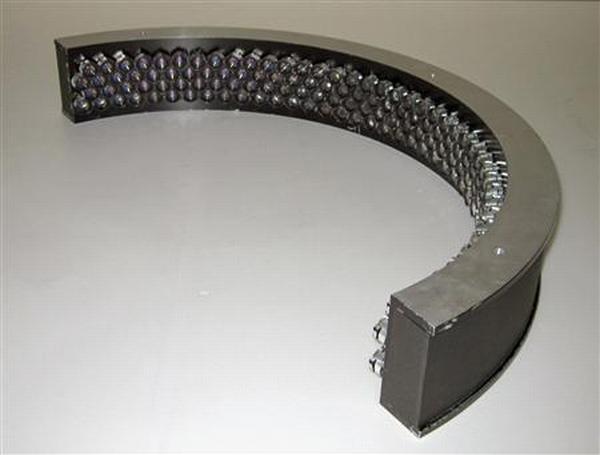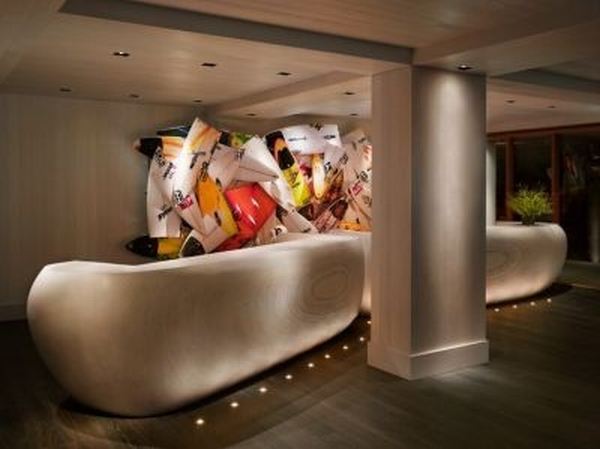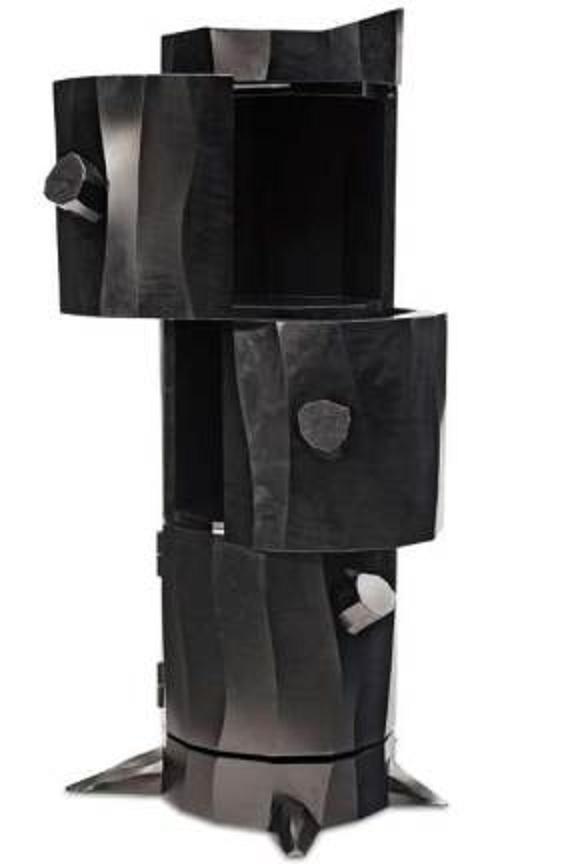Hong Kong opened a large cruise terminal that has come up on the old international airport site. It is perhaps the best example of redevelopment as what used to be the runway will now be able to accommodate the largest cruise ships in the world. The berths in the new cruise terminal have been built to handle liners of up to 220,000 gross tons. Built at a cost of $1.1 billion, the terminal hopes to become Asia’s hub for luxury liners. It was the site for Kai Tak International airport that connected Hong Kong to the rest of the world. Even in its new avatar it will continue connecting Hong Kong to the rest of the world. The only difference is that it will now connect through the seven seas.
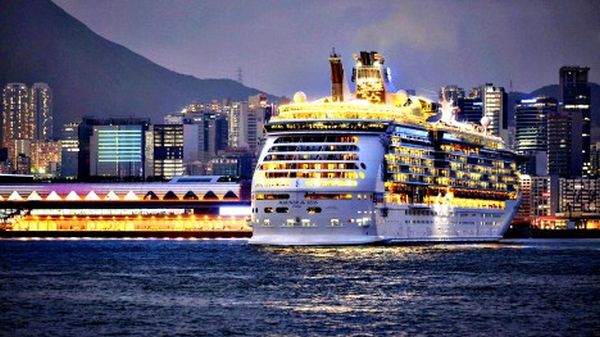
Mariner of the Seas was the First Liner to Dock at the New Terminal
The commissioner of Tourism, Hong Kong, Philip Yung was present at the inauguration of the terminal and was excited about the possibilities it had opened. The new facility has enabled Hong Kong to receive mega cruise ships and it is sure to feature in the new itineraries of large cruise liners. It is a happy development for Hong Kong as it will give a boost to the international tourist arrivals in the City. The first mega cruise liner to dock at the new terminal was the Royal Caribbean’s 1,020 feet (311 meters) long “Mariner of the Seasâ€. The luxury cruise liner brought 3,000 passengers to Hong Kong.
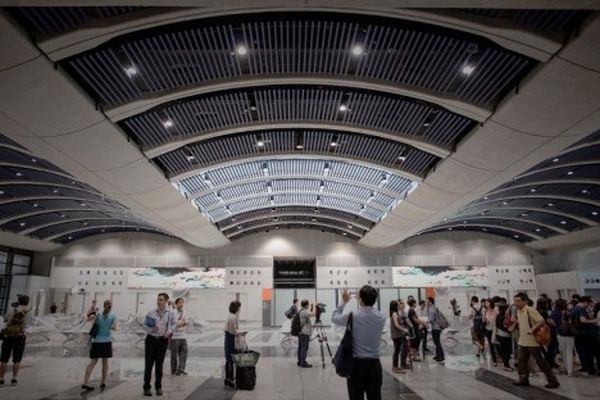
The Site Earlier Had the Airport that Was Closed in 1998
The guests were impressed by the new facility as it provides a 360 degree panoramic view of the city. A troupe of lion dancers welcomed the guests as they disembarked from the ship. Kai Tak functioned as the international airport of Hong Kong for over 70 years but was always considered difficult for the incoming aircrafts because the site was surrounded by tall mountains. The airport was closed in 1998 after the new Chek Lap Kok International Airport was developed. The large tract of land has been put to good use now. The new cruise terminal will become fully functional in the next quarter. However, the second berth will be ready for use only next year in 2014.

